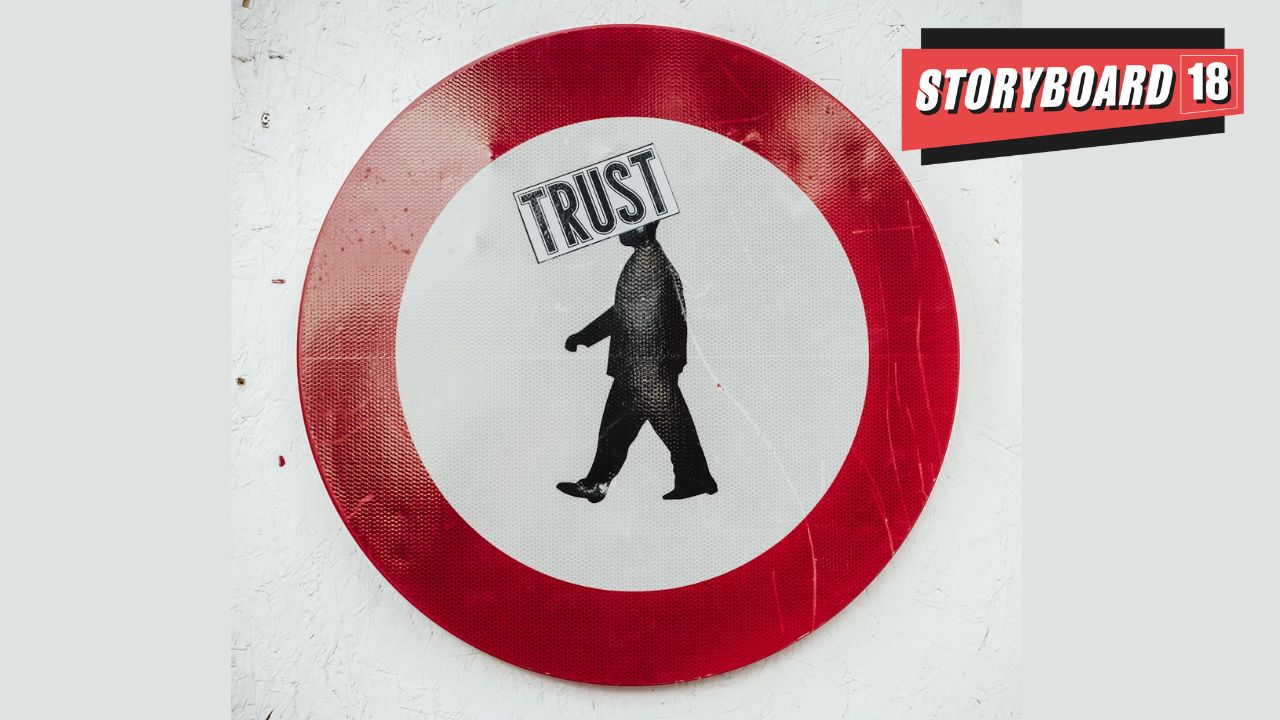When it comes to brands, perception is reality. We already know that. That’s why, we marketers work so hard to build a desirable standing for the brands we nurture. And, of course, we want that reputation to be completely trusted. The challenge, however, with trust is that – unlike media inventory or campaign intensity – it cannot be bought or amplified with marketing spends; it must be earned.
Trust cannot be talked about; it must be demonstrated – consistently. Perhaps, that’s why, trust is not just another nice-to-have brand attribute but a strategic asset that must be carefully nurtured and zealously protected. In fact, defining the brand’s promise and making sure it is delivered – lies at the very core of the company strategy.
Read more: Purpose: The cornerstone of timeless brands
The drivers and dynamics that influence the business of branding have evolved over time. However, three forces have a stronger-than-ever play to reinforce the value of trust and bring it to the front and center of brand building:
Promises you can keep
A few years ago, the World Advertising Research Centre (WARC) studied 2,000 campaigns (run from 2018 to 2022) for whether they made an explicit customer promise and how that worked for the brand. They found that market penetration increased 45 percent and market share increased 27 percent following campaigns that made and kept a verifiable promise versus 38 percent and 17 percent respectively for campaigns that chose other communication strategies.
The insight is telling – if we can evolve our customers from wondering if the brand will make good on its promise to simply take it for granted, purchases will start to become a habit – a matter of brand trust – rather than a go/no-go decision every time. Maruti Suzuki’s kam se kaam benega promise comes to mind.
Read more: Brand Breakthroughs: Can gen AI make all marketers creative?
Unfailingly bringing cars high on value, from the early 80s, through decades of changing trends and continuous transformation, it’s little wonder that Maruti continues to enjoy dominant market share in India. It has always been important for companies to not disappoint customers – especially over the long term. Today, when the scale and speed of feedback – good, bad, and ugly – from the digital consumer is both instant and intense, it makes even more sense for brands to keep the promises that they make.
Brands have a human side and humans err
Running a business is complex, mistakes are not uncommon, and customers are sometimes disappointed. Especially in these times when brands need to position themselves as culturally relevant and insert themselves into cultural conversations, the risk of getting it wrong is ever imminent. For example, Apple’s recent iPad spot showing creative tools like paint, cameras and musical instruments crushed by a hydraulic press, prompted consumer backlash. Creative professionals and artists, already disturbed by AI’s impact on their jobs and lives, felt the company’s ad was callous and brutal. Apple issued a public apology.
Read more: Brand Breakthroughs: Why sports must be key to your brand strategy
The point is that brands won’t always see trouble coming but can almost always control how they respond. A sincere unambiguous apology followed by appropriate remedial action can make all the difference between a fresh start and lasting brand damage. Effective apologetic action not only shows the authenticity of the brand, but also demonstrates that the brand can be trusted to take responsibility for its actions.
When in doubt, disclose
I believe an example from our own history, demonstrating complete transparency in dealing with clients, best illustrates this point. We had developed an application for a large global enterprise. The client had conducted acceptance testing and we were all set to conclude the project. At that point, one of the engineers on our team spotted an error in the application output.
Read more: Infosys global CMO Sumit Virmani on navigating the big hurdle to the Gen AI promise
The project leader immediately alerted the client to the error although that meant delay on the project and some additional cost to Infosys. But what we did earn through the early disclosure was the trust of our customer. As Infosys has grown, expectations have risen too. However, the motto ‘disclose when in doubt’ continues to guide the brand to earn and keep the trust of its stakeholders.
The Edelman Trust Barometer Global Report, in 2024 as in the preceding years, sees businesses emerge once again as the only trusted institutions (as against NGOs, Government and Media). In this environment, brands have an incredible opportunity – to embrace the right tactics, walk the purpose they talk about, and build on this foundation of trust to grow and share the value more broadly.
Sumit Virmani is the global chief marketing officer at Infosys. He writes a column series ‘Brand Breakthroughs’ on Storyboard18.
